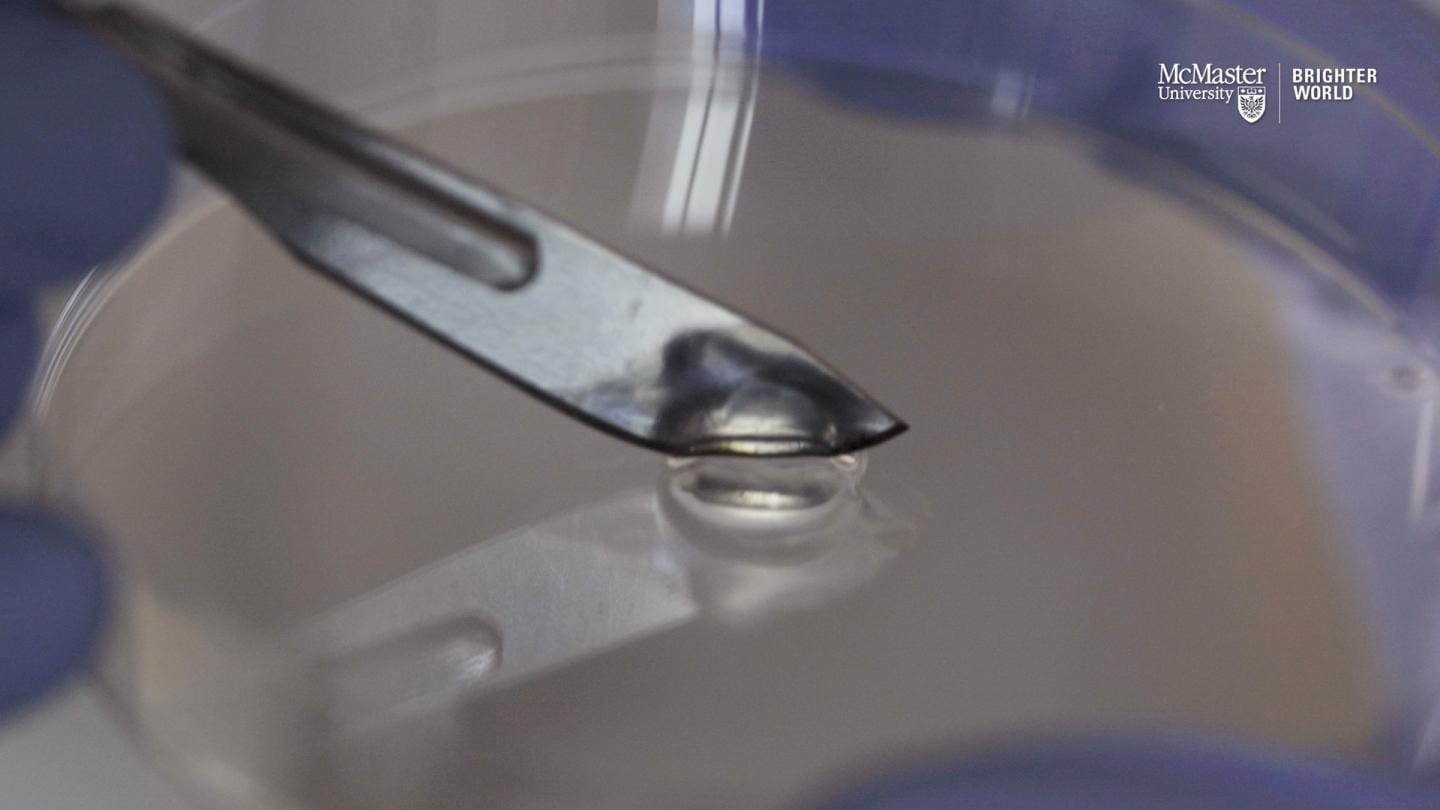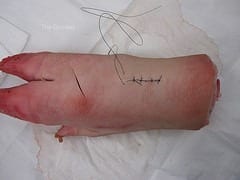McMaster researchers aggregate trillions of phages into new form McMaster researchers have developed a novel new gel made entirely from bacteria-killing viruses. The anti-bacterial gel, whic... Read more
Responding to an urgent need for better antibacterial coatings on surgical sutures, scientists are reporting the discovery of a new coating that is almost 1,000 times more effective than the... Read more
Could eventually replace antibiotics Scientists at Singapore’s Nanyang Technological University (NTU) have created a “magnetic-like” coating that traps and destroys 99 perc... Read more
A University of Georgia chemist has invented something that should be a boon to both hospital staff and athletes … a permanent spray-on antibacterial polymer coating. It can be applied... Read more




